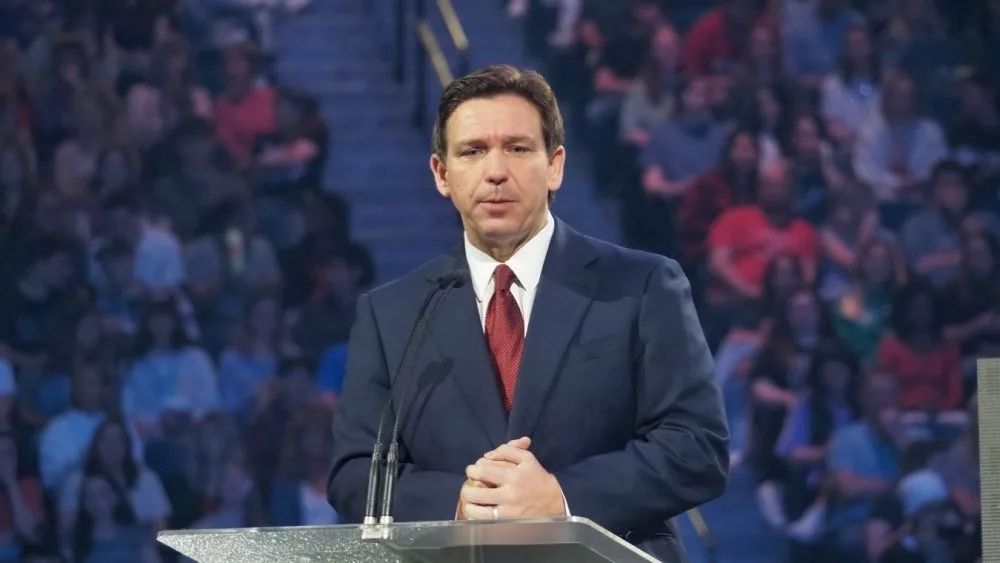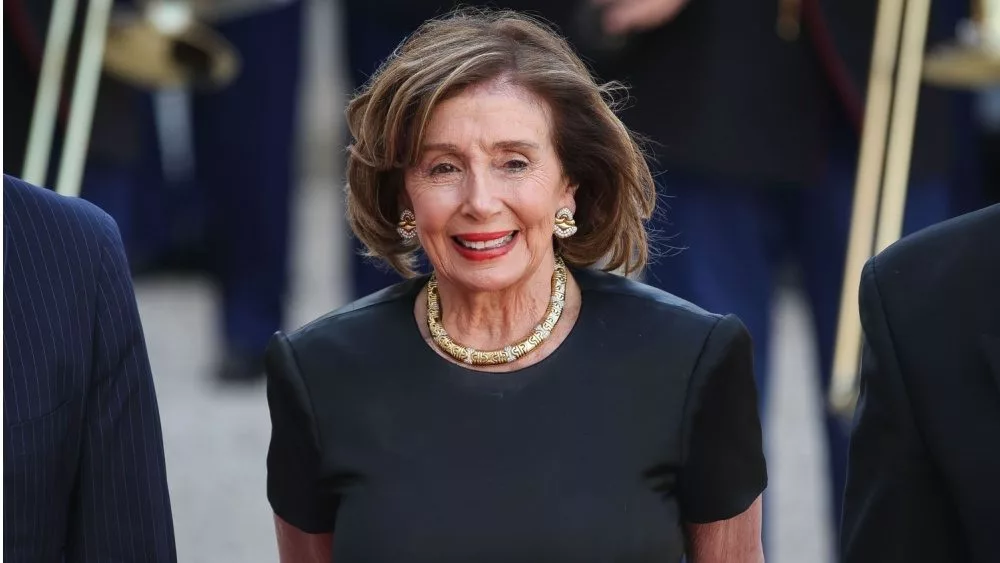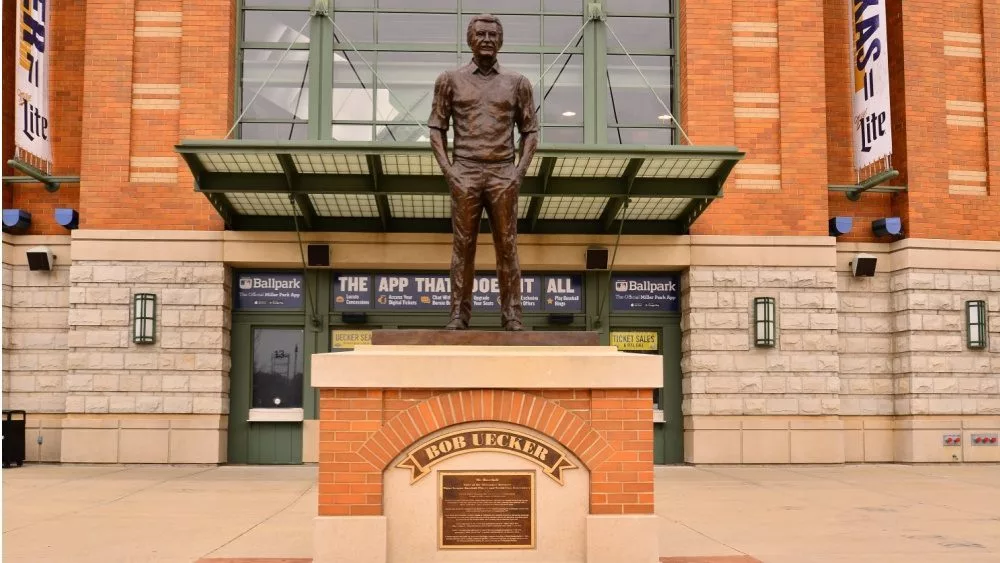JEFFERSON CITY, Mo. (AP) — Missouri’s Supreme Court on Wednesday once again weighed the constitutionality of a law against taxation-by-citation, one of few measures passed by state lawmakers in response to massive protests against police violence in Ferguson.
Judges heard arguments in the case over a 2015 law limiting how much revenue cities can generate from traffic fines and other tickets.
The law cracked down harder on Ferguson and other St. Louis County municipalities, raising questions about whether the law unconstitutionally targeted those cities without reason.
But Solicitor General John Sauer told judges Wednesday that “incredibly aggressive” and “inequitable” revenue-generating practices are more prevalent and pressing in St. Louis County, justifying the state’s tougher rules for the area.
“It is a countywide problem in St. Louis County,” Sauer said. “It is entrenched in St. Louis County, based on all of the available information. There is a pervasive culture of it.”
The law came in response to the unrest after Michael Brown’s shooting death in 2014. The shooting of the Black 18-year-old by a white officer touched off months of protests.
Brown wasn’t driving when he was shot. But his death sparked a Department of Justice review that found Ferguson operated a profit-driven municipal court system that exacerbated longstanding distrust between the city’s mostly white police force and predominantly Black community.
Under the law, Missouri cities’ revenues can be at most 20% comprised of funding from tickets. For St. Louis County municipalities, the cap is 12.5%.
Republican Attorney General Eric Schmitt, whose office was defending the law in court, spearheaded the legislation during his time as a state senator.
David Pittinsky, a lawyer for the city of Normandy in St. Louis County, argued that the difference in how cities are treated under the law doesn’t make sense. He said most St. Louis County municipalities’ budgets already were funded less than 20% by tickets before the law was passed.
“It is (an) irrational and implausible statute to single out all 90 municipalities in St. Louis County when 69 of them were already complying with the very statute that the state established for the municipalities outside St. Louis County,” Pittinsky said.
The Missouri Supreme Court in 2017 overturned parts of the law that cracked down harder on Ferguson and other St. Louis County municipalities. But the high court ruled last year in a separate case that the logic underlying its previous decision “should no longer be followed,” reviving the legal battle over the taxation-by-citation law.
A local judge in December allowed the law’s stricter provisions against St. Louis County and Ferguson to be enforced.
Supreme Court judges did not indicate when or how they might rule. But several noted that the high court has never before revised a final judgment in a civil case as the Attorney General’s Office is requesting in this instance.







